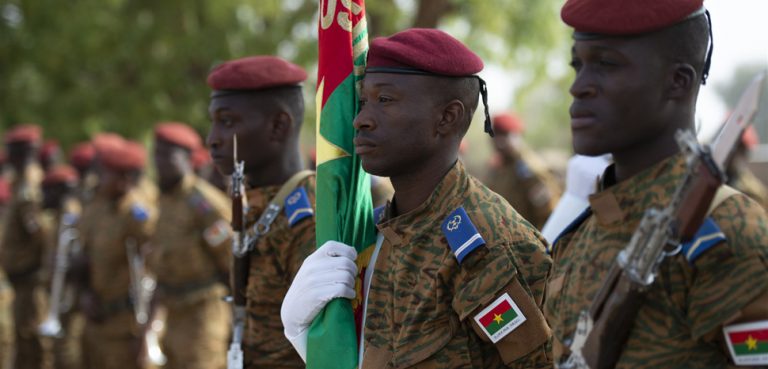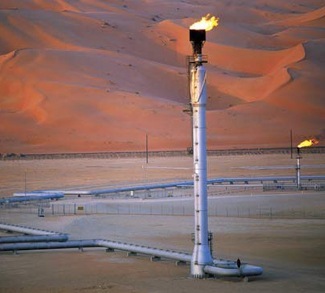On May 11, the prime minister of Niger accused the Beninese government of violating a trade agreement to ship its oil exports via a newly commissioned pipeline through Benin. The statement comes amid an ongoing refusal by Niger’s military administration to reopen the border with Benin, citing unspecified security concerns.
Niger and Benin are both countries located in the West African region. In Benin, most large population centers like Cotonou and Porto Novo sit near the southern coast with the Gulf of Guinea. Near the border to the north is the Nigerien capital and largest city, Niamey. Between the two core regions lie the largely sparsely populated, subtropical savannahs and the Sahelian transition zone where much of Benin’s Muslim population resides. It is also in this region where governance from Porto Novo is the most tenuous, and where the brunt of terror attacks on Beninese soil is felt.
After a coup in July 2023, the regional political and economic grouping ECOWAS suspended Niger’s membership within the bloc, closed its borders with the country, and introduced sanctions. ECOWAS partially lifted these restrictions in February, but the Nigerien government has still closed its borders to Beninese goods and people moving across it.
There are reasons to doubt the sincerity of Niger’s rationale for closing the border with Benin. Ostensibly meant to prevent the free movement of jihadist groups, in reality, the Nigerien junta has not suspended movement with Mali or Burkina Faso since the immediate aftermath of the coup in August. This is despite the fact the border regions between those three countries are more hotly contested by jihadist activity than territories under Beninese government control.
The much more likely reason for the Nigerien junta’s closure of the border is that it is trying to build economic and political independence outside of ECOWAS. Movements have been made in this direction through the creation of the Alliance of Sahel States in late 2023, consisting of Mali, Burkina Faso, and Niger. The problem is that these three countries are landlocked, meaning their exports and imports must inevitably go through neighboring ECOWAS countries. This situation is unavoidable for the three and likewise gives ECOWAS, which Benin belongs to, significant leverage.
The Beninese government insists that Niger must accomplish two tasks before Porto Novo permits the flow of oil again. One of these is the normalization of relations with Benin, which have frayed since the coup, as Benin participated in the ECOWAS sanctions against Mali, Burkina Faso, and Niger after each state’s respective coups. The other is that Niger reopens its border with Benin, with a focus on allowing more goods to enter Niger. Niger has little leverage in this regard. Total annual Beninese exports to Niger sat at roughly $60 million US dollars in 2019. Meanwhile, the pipeline would have increased Niger’s total oil exports fivefold to 110,000 barrels of oil per day, 90,000 more per day than current levels, with potential total revenues from that added production amounting to a massive $3 billion per year at current oil prices, comprising around 15% of the impoverished nation’s GDP.
A partner to the pipeline deal, the China National Petroleum Corporation (CNPC) provided a cash injection in the form of a commodity-backed loan of around $400 million for the pipeline project. Given the involvement of the CNPC in the project, Beijing may be willing to intervene in the dispute to protect its economic interests. China trades with Benin to the tune of hundreds of millions of dollars annually and, consequently, carries economic clout with Porto Novo.
With China’s diplomatic stance and economic leverage over both sides, a deal between the two West African countries is a real, and perhaps one of the likeliest, possibilities. This is primarily due to China’s interests in the region being affected by the row. The fact that Beijing was able to orchestrate a much more complicated deal between Iran and Saudi Arabia in 2023 speaks magnitudes. The main question is whether Beijing has the political will to broker a deal and what failure might mean for regional political and economic stability going forward.




